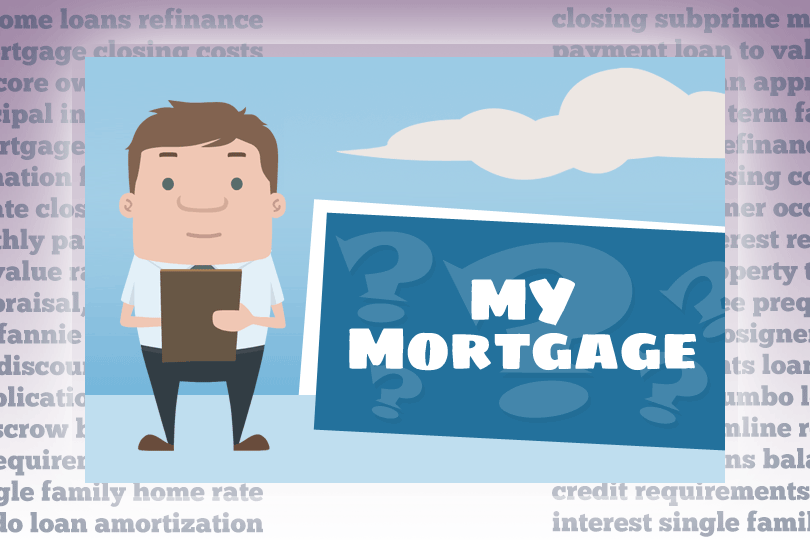Is Waiting to Refinance Your Residential Home a Good Idea?
April 23, 2025
Refinancing without carefully considering your current financial circumstances is never a good idea, but careful planning in the current financial environment is even more important.
One of the primary reasons to hold off on refinancing is when interest rates have risen or haven't decreased much since you obtained your original mortgage.
If current interest rates are worse than your home loan rate, refinancing would likely result in higher monthly payments and an increase in the total interest you pay over the life of the loan.
Consider keeping your current mortgage and waiting for a more favorable interest rate environment. Monitoring economic indicators and mortgage rate trends can help you identify opportunities for refinancing later.
The Cost of Refinancing
Another factor to consider is the cost of the refinancing transaction, especially funding fees and other expenses. Refinancing isn't free; it involves application fees, appraisal fees, title insurance, and closing costs.
If the potential savings from a lower interest rate or more favorable terms are not substantial enough to offset these upfront costs over a reasonable period, refinancing might not be worthwhile. A good rule of thumb is to calculate your "break-even point," which is how long it will take for your monthly savings to recoup the refinancing costs.
If this period is too long, especially if you don't plan to stay in your home for an extended time, waiting might be the smarter choice.
Borrower Needs
What are your financial needs and goals? If you are planning to move soon, refinancing might not be beneficial, as you may not stay in the home long enough to recoup the associated costs.
Taking on a new mortgage obligation might not be advisable if you face uncertainty with your employment or credit.
Another reason to wait is if your current mortgage has a very low interest rate. Even a slight decrease in market rates might not be enough to justify the move. Do you currently have a mortgage with an interest rate below 4%? The potential savings from refinancing to an even lower rate are minimal and could be outweighed by the refinancing fees.
FHA and Non-FHA Loans
Consider also the specifics of your current mortgage. Non-FHA borrowers may have a prepayment penalty on the existing loan, and the cost of refinancing could be higher in these cases. A prepayment penalty is a fee the lender charges if you pay off your mortgage early, including through refinancing.
Before considering refinancing, reviewing your loan documents for a conventional or non-FHA loan is crucial to determine if such a penalty exists and factor the expense into your refinancing calculations.

FHA Loan Articles
August 19, 2023FHA refinance loans allow homeowners with existing FHA loans to refinance their mortgages. These loans are designed to help borrowers take advantage of lower interest rates, reduce their monthly mortgage payments, or access equity in their homes for various purposes.
August 14, 2023FHA loans typically require a minimum down payment of 3.5% of the purchase price of the home with the right credit score. This means that if you're buying a house for $240,000, you would need to make a down payment of at least $8,400.
August 10, 2023FHA loans have specific rules and requirements for borrowers who have filed for bankruptcy. The guidelines can change over time, so it's essential to consult with a qualified lender or FHA-approved counselor for the most up-to-date information.
August 3, 2023FHA loans are primarily designed to help individuals and families purchase homes for use as their primary residences. Rules for these loans generally discourage their use for investment properties or rentals. However, there are exceptions that come with strict rules.
July 29, 2023One crucial aspect of FHA loans that borrowers need to understand thoroughly is debt ratios. In this article, we look at how they can impact your ability to secure financing for your dream home. Debt ratios help lenders understand a borrower's creditworthiness and any risks associated with the loan.







